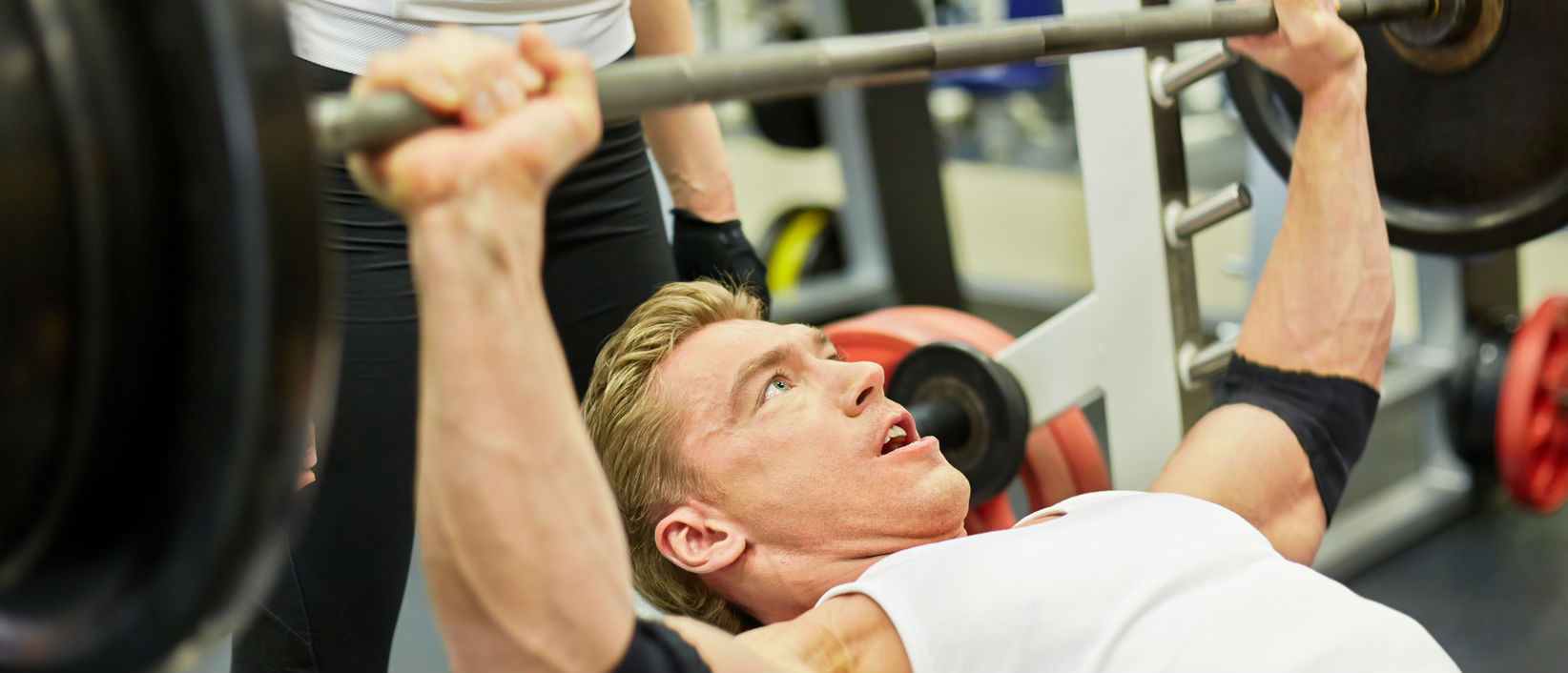The Russian lifters are among the strongest in the world. Why is this? Is it just because they are Russians and Russians have good genetics for getting strong? I doubt that this is the only reason because there are people of Russian descent all over the world. They have Russian genetics, but they are not as strong as the Russians from Russia. What about steroids? Once again, people from all over the world take steroids, but they aren’t necessarily as strong as the Russians.
I believe the Russian lifters have good coaching and they know how to work out. A lot of their success comes from good programming and periodization, but in this article I want to focus on their mental approach, and even more on their technique and approach to each set, each rep, and each lift.
Perfect Form, Perfect Pace, Perfect Feel
One thing I notice is that Russian liters are fairly calm when they train. For the most part, they don’t psych themselves up, they don’t yell, they don’t scream, they just lift. They seem to believe that an effective training process is what produces progress, not psych, strain, and struggle. Instead of using their minds to psych themselves up, they use it to focus on perfect form, perfect pace, and perfect feel. They want each rep to feel good, not hard. Yes, training heavy is hard, but the focus is not on hard, it’s on lifting a heavy weight with the best form possible, which will make it as easy as possible to lift a heavy weight.
Every rep is the same; no pauses, jerking, shaking, or grinding within a lifting motion, just smooth lifting perfection. Form and rep speed are never compromised by fatigue because they don’t push to the point where fatigue hinders form and rep speed. When fatigue produces bad form and slower rep speed, it teaches the nervous system sub-optimal nerve firing patterns, so it is not done when training for strength, although it may be done when occasionally testing for strength.
Practice Until It Gets Easier
Many of the Russians are known for using a lot of training volume and a moderately high frequency. They don’t kill themselves with intensity, but they use plenty of training volume and frequency to practice with perfection over and over again until they get better at it. When they get better, the weights become easier to lift. Any time weights become easier to lift, you can add more. This is far different than the common mindset of trying to make training as hard as possible and then trying to add to it whenever you can. Common sense tells you that when lifting becomes easier you can easily add to it, but when you always push to make your training harder, it is very hard to add to it.
Practice Don’t Perform: Train Don’t Test
One of the dangers of watching youtube videos of lifters is that they are often performing for the camera and are going for a record single or a record in terms of max reps. Practice and performance are not the same. Practice is done as perfectly as possible in regard to form, consistent rep speed, and a fluid lifting motion. In contrast, performing is done by lifting as much weight as possible or doing as many reps as possible, even if it causes a compromise in form, force, consistent rep speed, or a fluid lifting motion. The goal is to consistently practice and train for strength, instead of constantly performing and testing for strength.
Watch the Russians train in the video at the end of this article, but make sure you watch for the right things. Don’t just look at how big they are because you can’t imitate that, besides, the lifters are all different sizes, but they are all strong. Don’t look at how much weight they are lifting because you won’t be able to imitate that either unless your strength level corresponds to theirs. The one thing you can imitate is their focus on form and a fluid lifting motion on every rep of every set. It’s better to train for maximum perfection before you try for maximum performance. Best of Training to you!
